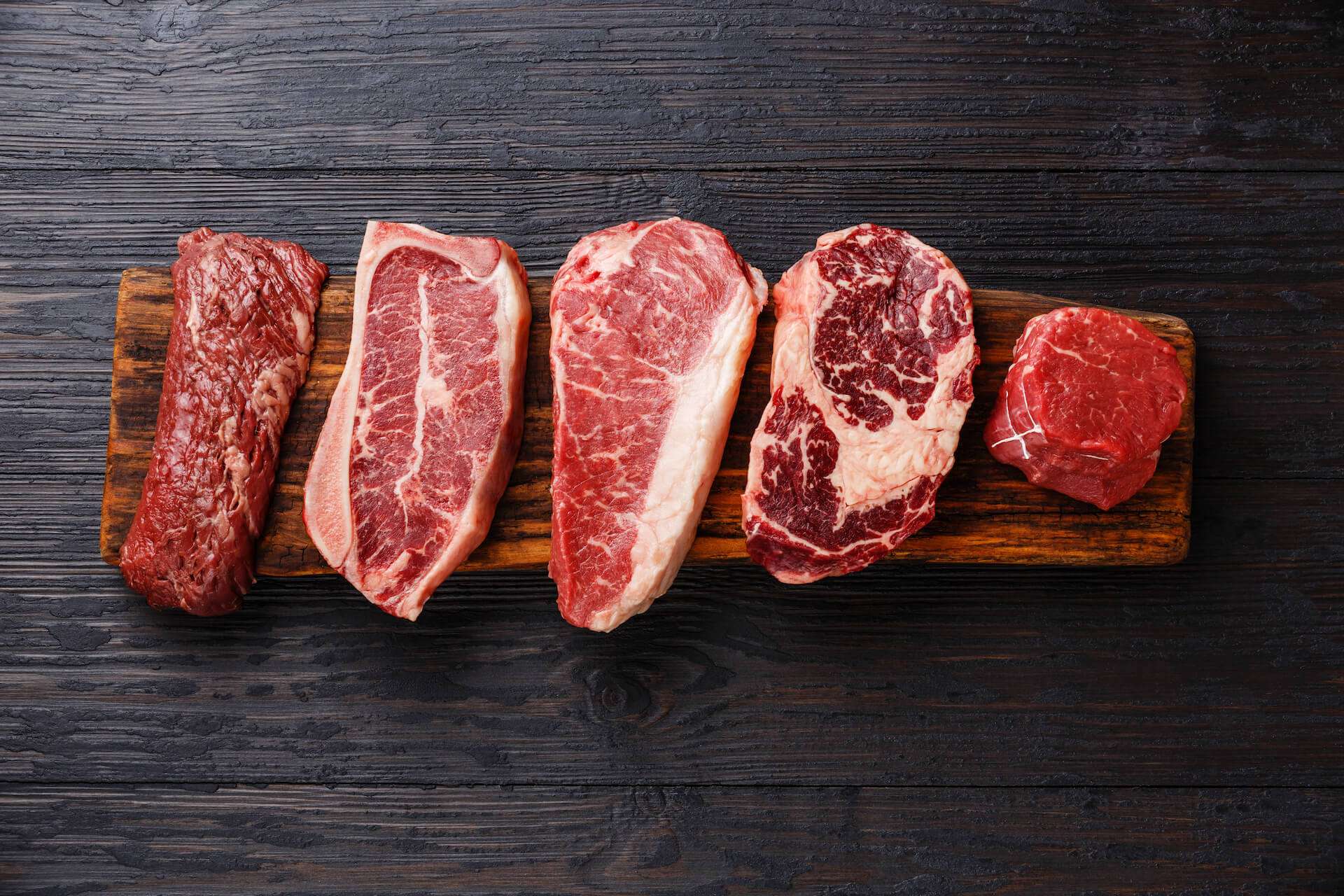Can eating red meat increase the risk of colon cancer?

Colorectal cancer:
Colorectal cancer, or colorectal carcinoma, is a malignant tumor of the large intestine (i.e. colon carcinoma) or rectum (i.e. rectal carcinoma), which usually develops from benign colon polyps. So-called intestinal polyps are protrusions of our intestinal lining. While these preliminary stages of carcinoma are still benign in the early stages, they grow very slowly and can usually develop into a tumor within 10 to 15 years. During a colonoscopy, these can be discovered by chance and accordingly removed by the doctor so that they do not degenerate into the aforementioned clinical picture.
Incidence in the DACH region:
In Germany, this is the second most common cancer in women and the third most common in men. In Austria, colorectal cancer is also the second most common cancer in women (11%) and the third most common in men (13%). A similar picture can be seen in Switzerland: 6% of men (third most common cancer) and 3.7% of women (second most common cancer) develop colon cancer during their lifetime.
Note: The first and second most common cancers in men are lung and prostate cancer, while breast cancer is first in women.
Since colon cancer develops slowly, it also does not make itself apparent for a long time. Possible signs would include: Blood in the stool, unwanted weight loss, and anemia.
Study Overview:
The study published in 2020, in the journal Cell Death & Disease, examined the organic compound "heme iron", which is suspected to be responsible for the cancer-promoting effect. This iron compound is important in this context because it is a central substance in myoglobin (i.e. muscle protein; responsible for oxygen transport) of red meat and is responsible for its red colour. The research team of the Technical University of Kaiserslautern (DE) (in cooperation with the University of Constance and the University of Potsdam) was able to investigate precisely this toxic effect of heme iron in healthy intestinal cells and in degenerated intestinal cancer cells.
First, it could be shown that the organic iron compound in physiologically relevant concentrations, as can also occur in the human intestine, promotes the binding of so-called oxygen radicals (i.e. oxygen-containing molecules) and subsequently damages our DNA. As a result, the heme iron leads to the death of healthy intestinal cells. This could also be proven true in organoids (i.e. pieces of tissue made in the laboratory that resemble organs) from normal intestinal tissue.
Thus, the iron compound could be separated from myoglobin by gastric acid after meat consumption and be taken up by the mucosal cells via certain transport proteins.
Heme iron under the microscope:
The cellular level was investigated in the further course of the study and was able to show that heme iron activates a specific mechanism, whereby the enzyme heme oxygenase 1 (HO-1 for short) is produced in intestinal cells. This enzyme serves as a protective factor, as it is responsible for the degradation of heme iron to inorganic iron and other products. In the human body, this enables cells to limit damage to DNA.
The study also investigated the toxic effect of inorganic iron, which, in contrast to organic iron, hardly causes the formation of oxygen radicals.
The role of HO-1 was investigated in more detail using pharmacological and molecular genetic methods. Accordingly, the production of HO-1 was deactivated, resulting in a significant increase in the concentration of oxygen radicals. Consequently, this led to increased DNA damage and cell death.
Causality:
This study shows that free heme iron exerts toxic effects in human cells, and that the enzyme HO-1, which is native to intestinal cells, has a significant protective role in this process. Thus, it could possibly, as a component of red meat, promote the development of colon cancer in humans.
Sources
- Seiwert, N., Wecklein, S., Demuth, P. et al. Heme oxygenase 1 protects human colonocytes against ROS formation, oxidative DNA damage and cytotoxicity induced by heme iron, but not inorganic iron. Cell Death Dis 11, 787 (2020).
- Warum ein übermäßiger Verzehr von rotem Fleisch das Darmkrebsrisiko erhöhen könnte (Ärzteblatt)
- Darmkrebs (Minimed)
- Epidemiologie (Darmkrebs.ch)
- Wie Häm-Eisen aus rotem Fleisch gesunde Darmzellen Schädigt (Technische Universität Kaiserslautern)
- Darmpolypen (Netdoktor)
- Darmkrebs (Netdoktor)

Danilo Glisic
Last updated on 05.11.2020
Your personal medication assistant
Browse our extensive database of medications from A-Z, including effects, side effects, and dosage.
All active ingredients with their effects, applications, and side effects, as well as the medications they are contained in.
Symptoms, causes, and treatments for common diseases and injuries.
The presented content does not replace the original package insert of the medication, especially regarding the dosage and effects of individual products. We cannot assume liability for the accuracy of the data, as the data has been partially converted automatically. Always consult a doctor for diagnoses and other health-related questions.
© medikamio